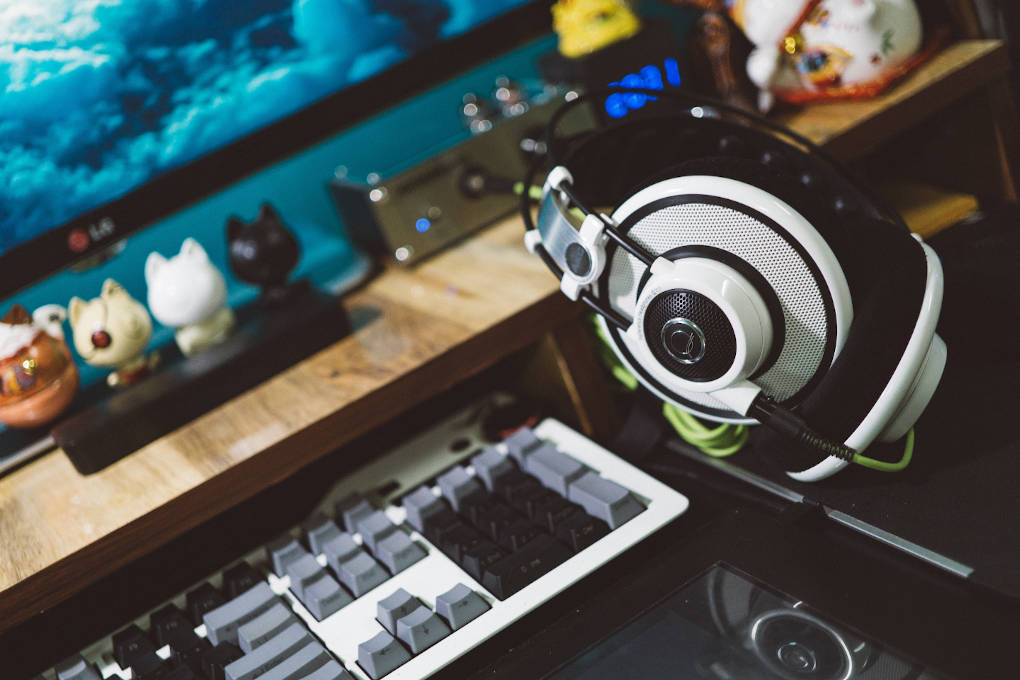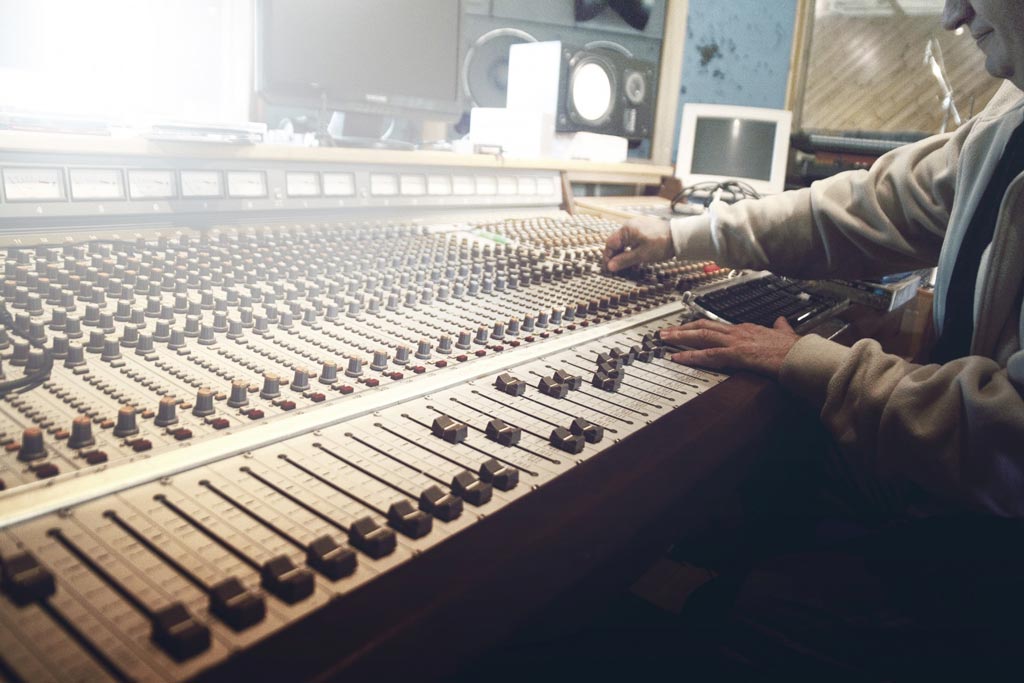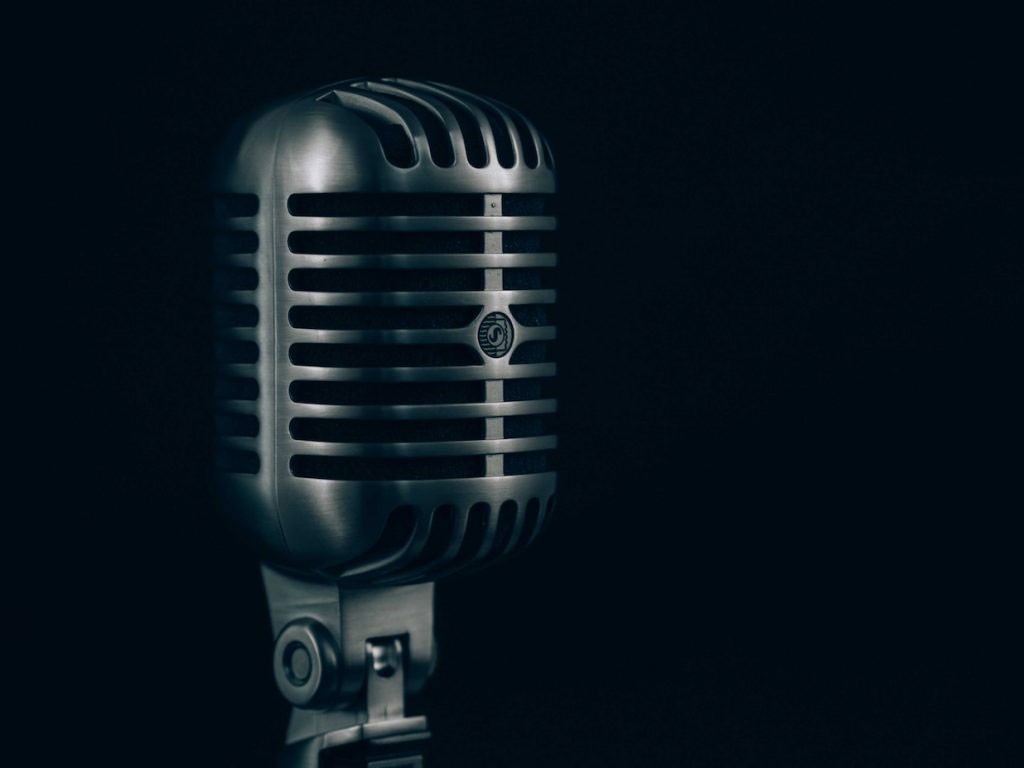What is Royalty Free Music? A Guide For Aspiring Creatives
Stockmusic.net team

Royalty Free Music is one of the most misunderstood and misrepresented things in music licensing. Vloggers and content creators can get into legal trouble because they used a musical track without understanding its license terms. Understanding the nature of royalty free music and sound effects is essential for any media producer that needs to sync music to their media. If you are starting a vlogging project or you are in the middle of a long-term corporate production, this article will guide you with the basics of royalty free stock music and other music license types.
Understanding Royalty Free Music
Royalty free music is a progressive music license that does not require users to pay ongoing royalties to the track creator. In most cases, users only need to pay a one-time “sync” fee regardless of the track’s purpose, distribution, and estimated usage time. If you haven’t figured it out by now, “sync” is short for “synchronization” — as you are “synchronizing” the music to your media. Once the up-front “sync” fee is paid, the copyright owner has waived their right to collect additional royalties for the life of the published media.
Definition: Royalty free music is music you purchase a usage license one time only and gives you the right to use that music without having to pay royalties ever again. A royalty free music license gives you the legal rights to synchronize the music with your media, then distribute that media within the usage rights as defined in the license. Many agreements include lifetime usage in an unlimited number of productions and presentations across the world.
For example, let’s say that you need a music track for your video project. You can browse a royalty free music library, pay for your chosen track, download and sync it to your video. After paying for the one-time license fee, you’re free to use the track in any project for as long as you want, without ever being charged again. In this case, “royalty free music” means “buy once, use forever” licensing.
Now, there’s another license that is the complete opposite of royalty free music. It is called rights-managed music. This has often been referred to as ‘needle drop’ licensing, rights-managed licensing requires users to pay a fee every time the track is re-synced, and depending upon the terms, may require a periodic license fee. This fee can often be recurring and quite expensive.
If you’re going to buy a track under rights-managed licensing, you need to be prepared. You will probably need to pay usage royalties multiple times. The copyright administrator will probably contact you often. There will probably be lots of paperwork to communicate the tracks usage, distribution, intent, and topic of your video. The track’s price will vary depending on how the music is used and how many times it was presented. If your video becomes viral, the music administrator will probably come after you for more royalties. Sometimes, depending upon the intended usage, the copyright administrators may not allow you to use the music, no matter the price.
On the other hand, royalty free music covers musical content that doesn’t require you to pay royalties to its creator after the one-time sync fee. There should be no further paperwork beyond acquiring the license. You should be free to re-use the music in other projects, distribute the music around the world, forever. Most importantly, you will not be charged ever again for synchronization, or for additional distribution.

Royalty Free Music vs. Copyright Free Music
Understand this; royalty free music is not the same as copyright-free music. Copyright-free music is misleading because all created music tracks have copyrights. The track’s creator typically owns the copyright and can set the usage permissions for the track. One important thing that you have to know about copyrights is that they have expiration dates. These dates vary per country but usually cover the lifetime of the creator. Once the copyright for a track expires, it will fall under public domain coverage.
After the track transitions to the public domain, you should be able to use it without encountering legal repercussions. You should still proceed with caution because policies vary by country and can change often. You must also know that royalty-free music is still copyrighted. Many creators get this part wrong because the ‘royalty free’ clause misled them. Don’t make this mistake! All the music and sound effects on stockmusic.net are copyrighted. When we sell a music license to media producers, film makers or podcasters, they gain the mechanical rights to sync the music as often as they want. On top of that, no additional sync fees should be required.
Free & Paid Royalty Free Music – What’s The Difference?
If you think royalty free music seems complicated, you’re right. Our goal is to help you understand the framework of royalty free music, sound effects, and its licensing. We’ll tackle these points step by step.
First off, there are two types of royalty free music; free and paid.
Free Royalty-Free Music
Free Royalty-Free Music (a mouthful indeed) is sub-divided into two license types.
- Public Domain
- Free License
Under the public domain, you don’t need permission to sync a music track. Once you have this track, you’re free to adapt, distribute, copy, and share the music however you wish.
Free Licenses, often referred to as “Creative Commons License”, can have strict limitations on distributing and copying licensed works. It’s like letting your friend borrow a precious book, but with explicit requirements on publicizing and marketing the book for the author. Often, Creative Commons licenses require users to provide full credentials to the composer everywhere it is used. Specific requirements may change depending on the copyright, so thoroughly read the artist’s or distributor’s policies before using their work.
Making things more complex, there are many different types of Creative Commons Licenses:
Attribution – This license type requires proper attribution to the music creators each time your media gets published.
Non-Commercial – Under this license type, you may only use the music track for non-commercial and non-profit purposes.
No Derivative Works – If you find a track under this license, you can’t transform it into a new derivative work. Some of the actions that violate the No Derivative Work license are remixing the track, rearranging vocals, or a whole new adaptation project. Some No Derivative licenses even forbid voice-over, fade in and fade-out modifications.
Share Alike – This CC license allows you to use and transform a track freely. However, the resulting derivative work must have the same license as the original. Also, you shouldn’t include other materials in the new works, as they might be incompatible with the original license.
BY License – With this license, you need to fully credit the track creator and indicate the changes you’ve made. The BY attribution is the most common license type also used outside the music industry.
BY SA – A variant of the Share-Alike license, the BY SA indicates that your new finished work (i.e., a remixed track) has the same license. However, you can’t impose limitations or prevent others from sharing your finished work.
BY ND – The BY ND “attribution and no derivatives” license allows you to use the material in commercial, non-commercial, or even personal creatives. However, you can not create any derivative works licensed under BY ND.
BY NC – The “attribution non-commercial” Creative Commons license requires that you give proper attribution, and your usage of the track is non-commercial.
BY NC SA – The BY NC SA license means “attribution, non-commercial, share-alike” is almost the same as BY NC, but any derivative work you create must be distributed under the same Creative Commons BY NC SA license.
BY NC ND – One of the strictest CC licenses, “attribution, non-commercial, no derivatives,” requires that you always attribute the creator of the track. Also, you can’t modify or distribute the new music works, even if your purpose is non-profit.
You can find more information about the Creative Commons licenses on the Creative Commons website.
Paid Royalty-Free Music
Common knowledge seems to think public domain tracks are the best choice. They can be – if you want to spend lots of time researching your exact rights and attributing all the copyright holders. Before you make that decision, check out the benefits of using paid royalty free music:
- No need for attribution
- Freedom to slightly modify the track within reason
- Commercial usage eligibility
- Potentially higher music quality
- Legal protection from the library of issue, in case of dispute
- Can allow transferring the license to client projects
- A quality library will provide unlimited usage on unlimited projects with unlimited distribution.
Another important rule, you can’t monetize a YouTube video if it uses a public domain track. Royalty Free Music allows full YouTube monetization and has no audience size or distribution restrictions.

Royalty Free Music FAQ
Here are some common questions about royalty free music.
Q: How do you determine if a licensed song is royalty free?
A: There is no such thing as an official “royalty free music” license. If you purchased a music license from a reputable source like stockmusic.net, then every purchase will include an easy to find and read license. the license must explicitly state things like:
- Includes mechanical rights
- Includes synchronization rights
- Has unlimited usage and unlimited distribution
- Allows minor modifications to the track, like fade-in, fade-out, voice-over, as long as the original composition remains distinctly recognizable.
Check out the stockmusic.net Sync License for an example of what to look for in a quality media producer’s license.
Q: Can I use 10 seconds of a copyrighted song without a license?
A: Many people believe that using just 10 seconds of a song without a license is legal. Wrong! Even if you use just two seconds of a song, you’re technically breaching copyright laws. This practice is illegal and can lead to problematic copyright claims or even DMCA take-down notices. It is best to either use public domain, creative commons, or obtain a valid royalty free music license.
Q: Can I use royalty free music on Youtube?
A: Yes, as long as you obtain a legal sync license first.
Q: How much does royalty free music cost?
A: It varies. At stockmusic.net, you can get unlimited access to the entire library of royalty free music and sound effects for as low as $16.67 per month. If you need just one track with a license you can use forever; it’s $39.95.
Please visit our pricing page for more detailed information.
Q: Is Youtube Audio Library copyright-free?
A: No. The free music provided to YouTube creators is copyrighted. However, it does come with a royalty free music license. One problem is that the Youtube library is small. You will probably end up using the same music synched by many other YouTube publishers.
Do you have more questions not answered here? Please drop us a note. We are eager to help you understand how our license works to ensure your published media is compliant, and you are worry-free about the legal implications of your media.
Conclusion
Now that you’re aware of the definition and intricacies of royalty free music, you can create your content without copyright or legal worries. Music licensing can be complex. Our goal is to dispel the myth that licensing music is difficult and expensive while maintaining a library of fantastic music from world-class artists.
Stockmusic.net has been distributing royalty free music licenses for over 20 years around the globe. Our industry-trusted and battle-tested media producers license is a simple way to ensure your media is copyright compliant worldwide.